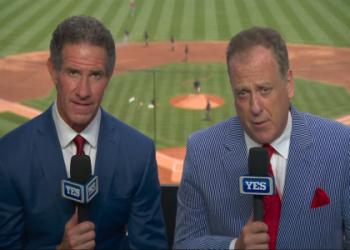Alright, let me tell you about my little wrestling adventure. I was messing around online, just browsing, and I stumbled upon some interesting stuff about “wwe arbic wrestlers”. Now, I’m no expert, but I always thought wrestling was kinda fun, so I decided to dive in and see what’s what.

First thing I did was hit up YouTube. I figured that’s where all the action would be. I searched for “WWE Arabic Wrestlers,” and boom, tons of videos popped up. I started clicking on anything that looked remotely interesting. Highlight reels, full matches, interviews – the whole shebang.
What I immediately noticed was the variety. I mean, I expected maybe one or two guys, but there were quite a few. Some were billed from specific countries like Saudi Arabia or Lebanon, others just had Arabic-sounding names or wore traditional clothing as part of their entrance. It was actually pretty cool to see that kind of representation in WWE.
Then I started digging into the wrestlers’ backgrounds. Some were actually born and raised in the Middle East, while others were second-generation immigrants or just Americans playing a character. Honestly, it got a little confusing trying to figure out who was “authentically” Arabic and who was just playing a role. But hey, it’s wrestling, right? It’s all about the show.
- I watched Mansoor, the first Saudi Arabian WWE wrestler.
- I looked into Sami Zayn, who is of Syrian descent and even used his platform to raise awareness for the Syrian civil war.
- I also found Khosrow Ali Vaziri, better known as The Iron Sheik, who portrayed an Iranian villain during the 1980s wrestling boom.
It made me realize that “Arabic wrestler” isn’t really one thing. It’s a broad category with all sorts of different stories and motivations behind it. Some are embracing their heritage, others are playing into stereotypes, and some are just trying to make a name for themselves in the wrestling world.
The whole experience made me think about how WWE (and wrestling in general) uses culture and stereotypes to build characters and storylines. It’s definitely not always accurate or respectful, but it can also be a way to introduce different cultures to a wider audience. It’s complicated, to say the least.
Final Thoughts
So, did I become an expert on “wwe arbic wrestlers”? Nah, not even close. But I definitely learned a thing or two about the diversity (and the complexities) of representation in professional wrestling. Plus, I got to watch some pretty entertaining matches along the way. All in all, not a bad way to spend an afternoon!













